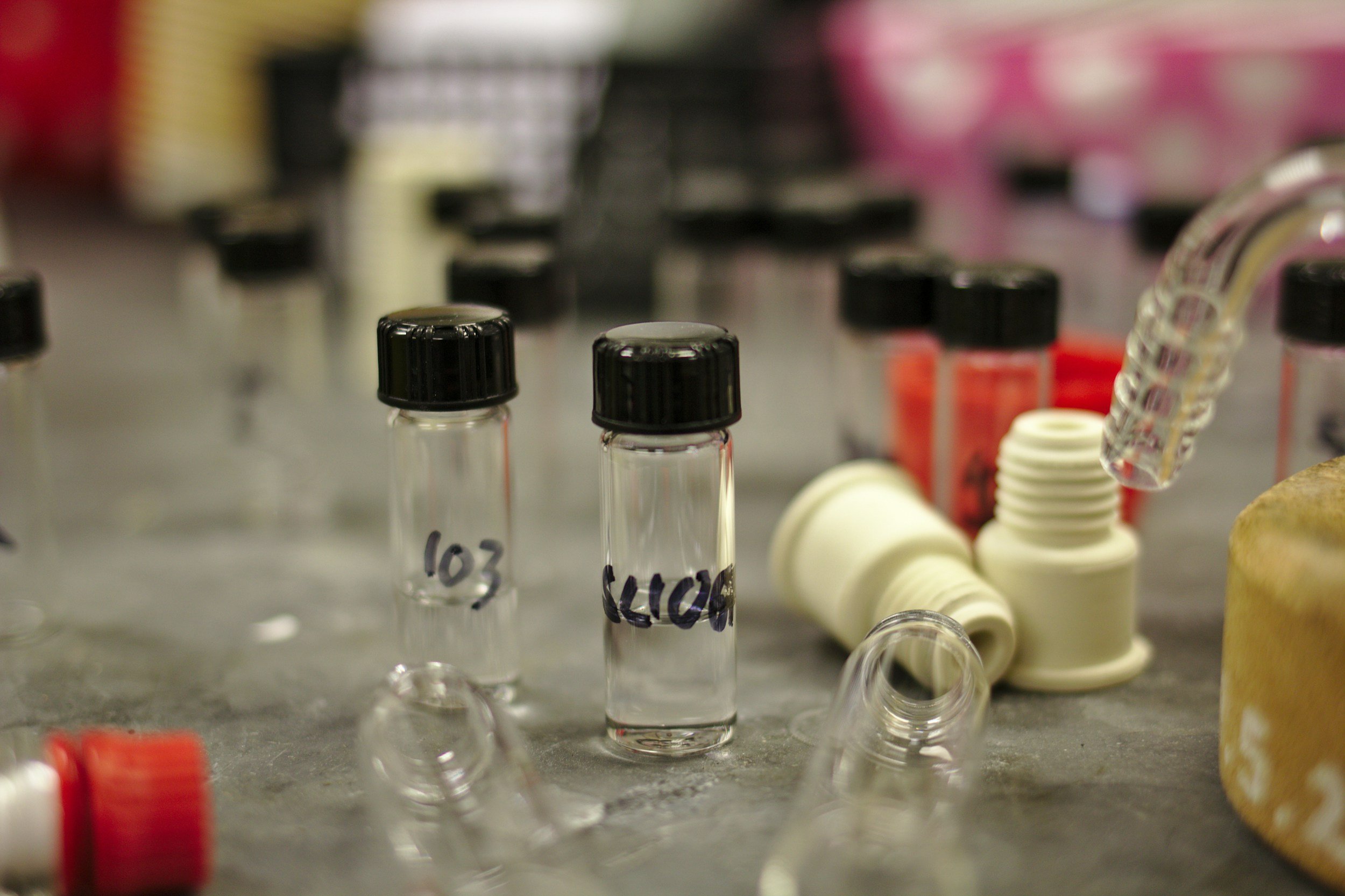Biochemist Life Videos:
Here’s a brief list of what Biochemists do:
Research: Investigating the structure, function, and interactions of biomolecules such as proteins, nucleic acids, lipids, and carbohydrates.
Enzyme Kinetics: Studying the catalytic properties of enzymes and their role in biochemical reactions.
Metabolism: Investigating metabolic pathways and how cells convert nutrients into energy and build essential molecules.
Genetic Expression: Studying how genes are expressed and regulated at the molecular level, including transcription and translation processes.
Protein Engineering: Designing and modifying proteins for various applications, such as therapeutic drugs or industrial enzymes.
Drug Development: Researching biochemical targets for drug discovery and development, including understanding drug mechanisms and interactions with biomolecules.
Biotechnology: Applying biochemical principles to develop biotechnological processes and products, such as biofuels, biomaterials, and biopharmaceuticals.
Here’s how YOU can become one:
Educational Foundation:
High School Education: Focus on biology, chemistry, mathematics (especially calculus), and physics. These subjects provide a strong foundation for understanding biochemical principles.
Undergraduate Degree:
Pursue a bachelor's degree in biochemistry, chemistry, biology, or a related field such as molecular biology, biophysics, or chemical engineering with a focus on biochemical applications.
Choose a program that offers courses in biochemistry, molecular biology, genetics, organic chemistry, physical chemistry, and related disciplines.
Gain Laboratory Experience:
Participate in laboratory courses as part of your undergraduate studies.
Seek out research opportunities or internships in biochemistry labs or related fields. Practical experience in techniques such as protein purification, enzyme kinetics, molecular cloning, and spectroscopy is invaluable.
Develop Skills:
Laboratory Skills: Master techniques specific to biochemistry, such as chromatography, electrophoresis, mass spectrometry, and biochemical assays.
Analytical Skills: Develop the ability to analyze experimental data, interpret results, and draw conclusions based on biochemical findings.
Computational Skills: Familiarize yourself with bioinformatics tools and techniques for analyzing biological data.
Further Education (Optional, depending on career goals):
Graduate Degree: Consider pursuing a master's or doctoral degree in biochemistry or a related field for advanced research positions, teaching at the university level, or specializing in a particular area of biochemistry (e.g., structural biology, metabolic pathways, enzymology).
Networking and Professional Development:
Join professional organizations such as the American Society for Biochemistry and Molecular Biology (ASBMB) or the International Union of Biochemistry and Molecular Biology (IUBMB).
Attend conferences, workshops, and seminars to stay updated on advancements in biochemistry and connect with professionals in the field.
This is a very brief and general plan. To know your specific academic path for this career please talk to an advisor at the college or program you plan on attending!




